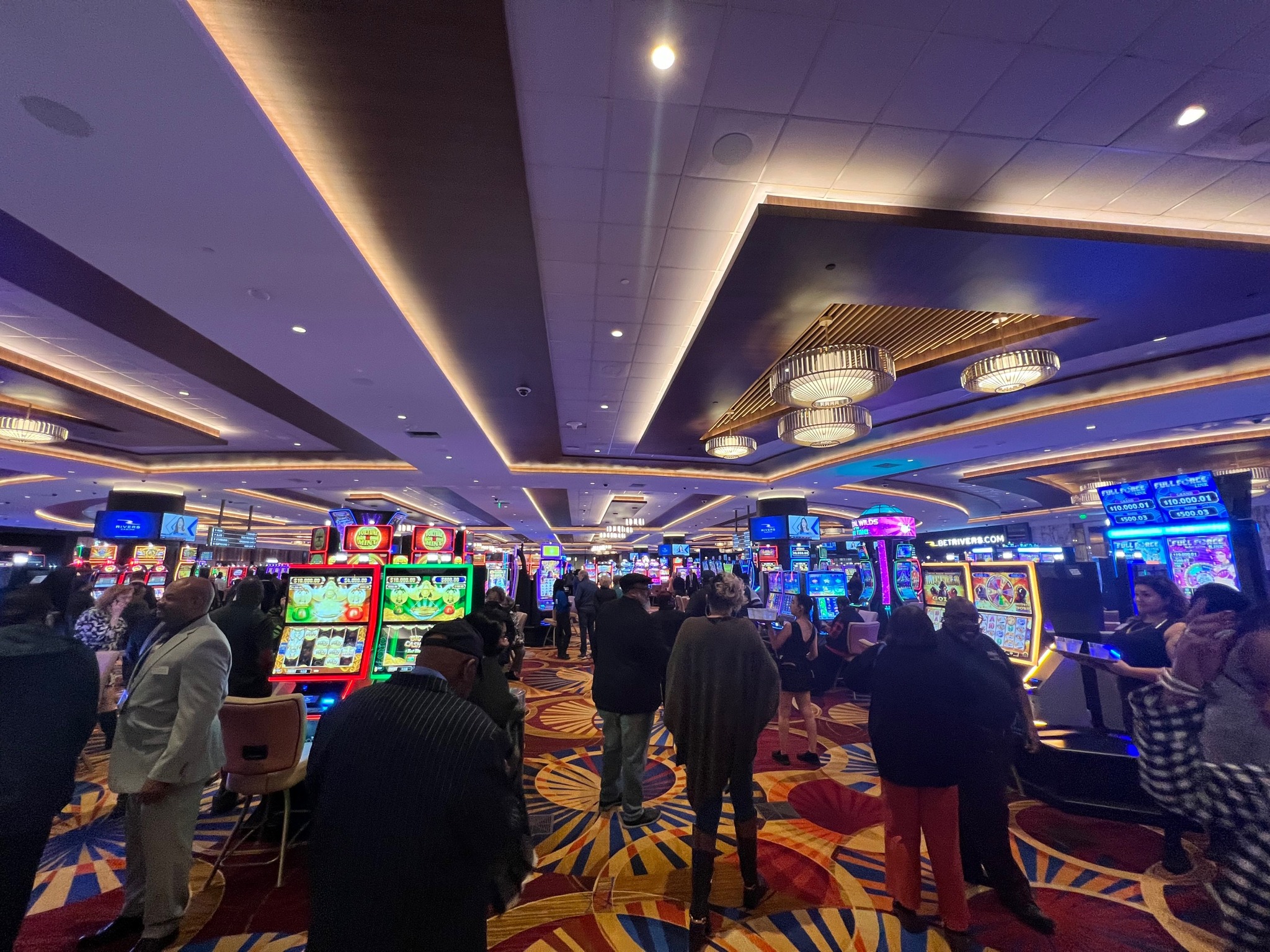
Casino games have long been an integral part of human culture, providing not just entertainment but a intriguing reflection of our hopes, wishes, and fears. From the spinning reels of a slot machine to the tactical play of poker, these games encapsulate a variety of human feelings and events. At their core, casino games are not just a chance to earn cash; they are a snapshot of life itself, where danger and gain merge and fate can change in an eye blink.
As players convene around tables or sit in front of glowing machines, they participate in a ceremony that transcends mere gambling. These games reflect our innate desires for connection, adventure, and the pursuit of luck. They also unveil deeper truths about human psychology, such as our relationship with chance and the adrenaline of the unknown. In exploring casino games, we reveal not only the nuances of play but also the complex weave of the human experience, showcasing our interconnected narratives of hope and reality.
The Psychology of Gambling
Wagering is deeply rooted in the psyche of individuals, tapping into various emotions and desires. The thrill of risk-taking is a core aspect that draws players in, whether it’s thrill of spinning a roulette wheel or the anticipation of drawing a winning card in poker. This rush of adrenaline is often compared to other forms of thrill, as the unpredictability of outcomes triggers a distinct psychological response. Players often become captivated by the chance of winning big, leading to an irresistible draw toward gambling games.
Another, an essential component of the psychology behind gambling is the concept of optimism and ambition. Participants often nourish dreams of financial freedom and the luxurious lifestyle that can accompany winning. This hope fuels their continued participation in casino games, as it provides a sense of purpose and the conviction that a life-changing win could be just one wager away. The story of beating the odds and finding success resonates with many, strengthening their dedication to play and involve themselves with these games.
Finally, social dynamics play a significant role in gambling psychology. Casino environments are designed to promote social interaction, where gamblers gather to share the journey of wins and losses. This shared aspect not only amplifies enjoyment but also affects behavior, as individuals often mimic the actions of others around them. The social validation found in shared excitement can enhance the emotional experience, making casino games a reflection of not just personal desires but also collective engagement within the gaming community.
### Risk and Reward: A Double-Edged Sword
Casino games embody the fragile balance between danger and reward that resonates profoundly with human psychology. The thrill of placing a bet is often accompanied by a jolt of energy, as gamblers are confronted with the possibility of winning big, yet fully aware of the possibility to suffer losses. This twofold experience reflects a core aspect of life: the paths we choose often come with built-in risks, and the pursuit of reward can drive us to make risky moves we might not normally consider. In this way, gambling activities reflect real-world choices, enticing gamblers to gamble not just their capital, but also their dreams.
The allure of grand jackpots and payouts fuels a sense of optimism, inspiring gamblers to dream of a more promising future that could arise from a lucky spin of the roulette or flip of a card. This positive outlook can drive individuals to engage in greater risks, encouraging them to extend their limits in search of monetary success. However, just as in life, the consequences of these decisions can lead to both victory and loss. The stories of both jackpot winners and those who have lost everything at the casino demonstrate the chaotic nature of chance and its significant impact on our lives.
Ultimately, the experience of engaging with casino games serves as a strong reminder of the nature of humanity. Every session played is filled with the tension of uncertainty, as players weigh the rewards against the dangers. This dynamic not only highlights the thrill that comes with gambling but also unveils the risks that come with the longing for more. As we navigate the complexities of choice and results in both the casino and in life, we find that the search for benefit shapes our identities and journeys in profound ways.
Society and Solitude in Casino Culture
Casino culture is a unique blend of social engagement and personal pursuit, reflecting the dualities of individual experience. Players often come together around tables, sharing in the excitement of the game, celebrating wins, and commiserating over losses. This communal aspect is crucial, as it establishes a sense of belonging and bonding among varied groups of individuals. Regular attendees to gaming establishments may form friendships and establish routines, turning the gambling venue into a second home where they feel connected to a greater community of players.
However, the appeal of casino activities can also lead to loneliness. As individuals become engrossed in the thrill of gambling, they may isolate from personal connections or neglect to interact with the world outside the casino. For some, the search of a jackpot can overshadow genuine connections, leading to loneliness. The situation of being surrounded others yet experiencing solitary is not rare, as the attention shifts from collective fun to the private concerns of each player’s journey.
This interaction of society and solitude creates a vivid tapestry that defines casino culture. It highlights the complexity of social interactions, where happiness and despair exist together. Gambling venues serve as both a sanctuary for social interaction and a platform for individual challenges, illustrating how deeply connected our yearning for connection and the personal quest for fortune can be. https://ga179.cash/ In navigating this environment, gamblers confront their own stories—seeking both the rush of the game and the companionship of fellow players, ultimately mirroring the broader spectrum of human experience.